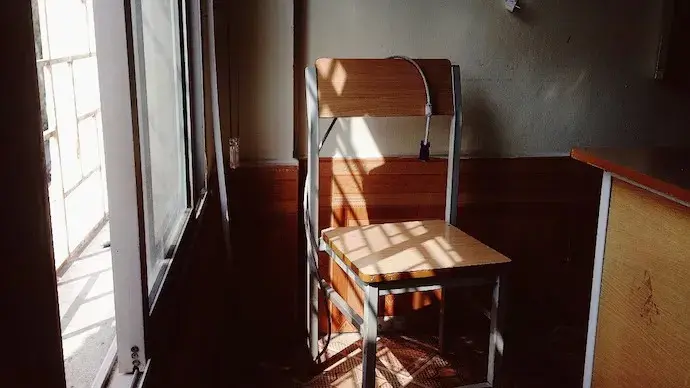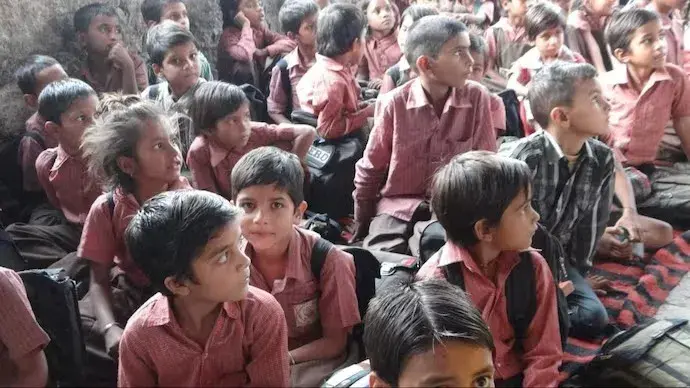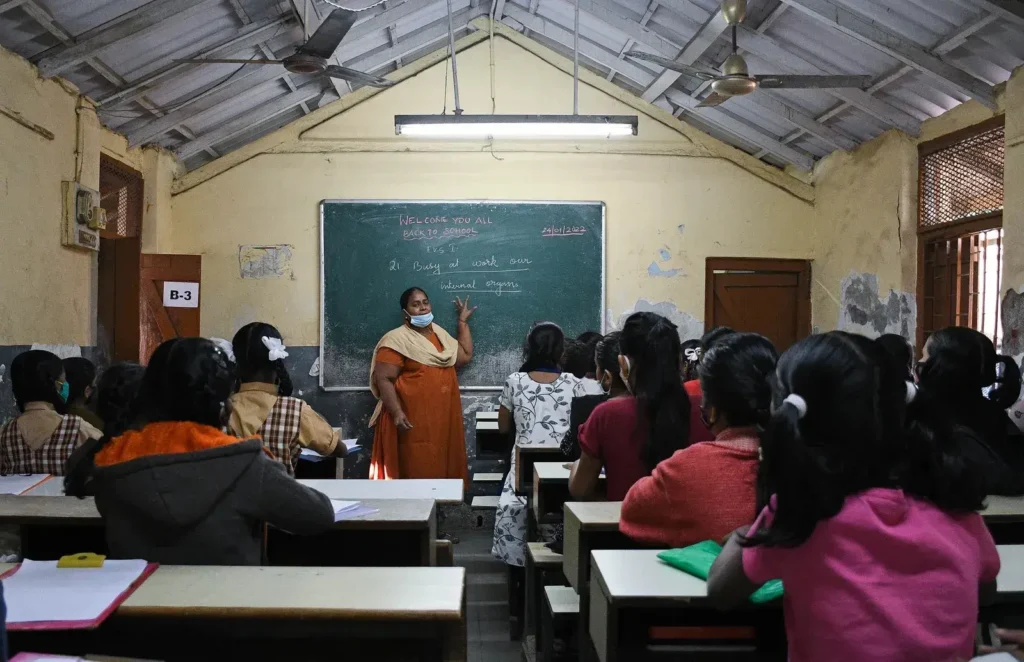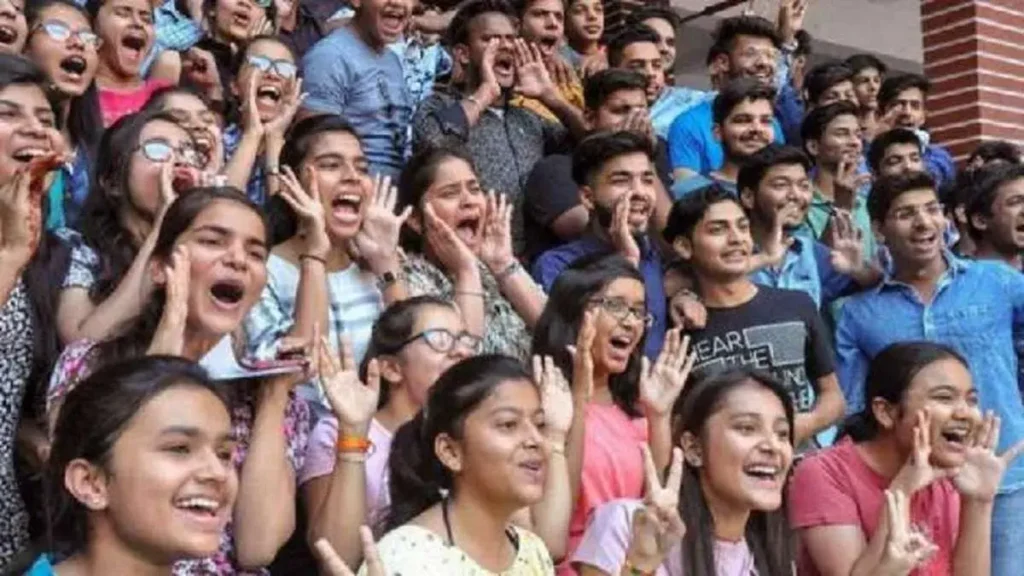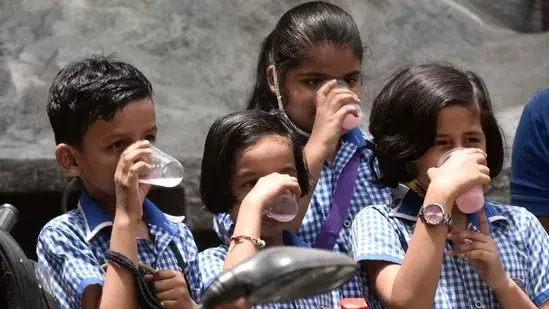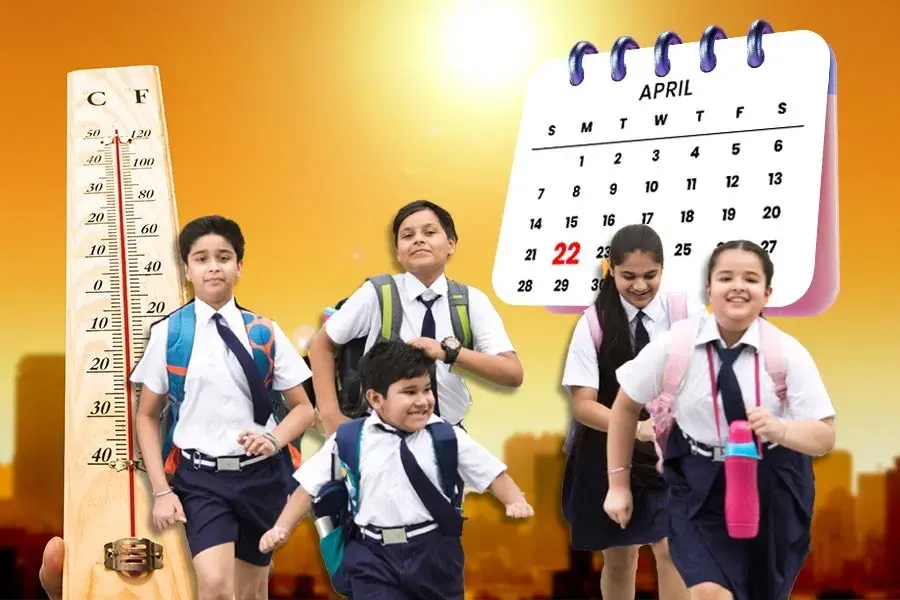Cybersecurity in Education: Protecting Students in the Digital World
As classrooms evolve from chalkboards to Chromebooks, the education sector is increasingly vulnerable to one of the most pressing threats of the 21st century—cyberattacks. With institutions rapidly adopting digital platforms for learning, administration, and communication, safeguarding the digital safety of students, teachers, and institutional data has become more crucial than ever. The Rise of Cyber Threats in Education Educational institutions are gold mines for cybercriminals. They store vast amounts of sensitive data—from student records and academic histories to biometric information and financial details. According to reports, the education sector is among the top five most targeted industries globally for cyberattacks. Common cyber threats include: Phishing Emails: Deceptive emails tricking students or staff into revealing personal information or login credentials. Ransomware: Malicious software that locks data until a ransom is paid. Data Breaches: Unauthorized access to student records and research data. DDoS Attacks: Distributed Denial-of-Service attacks that crash school websites or learning management systems. Why Are Educational Institutions Targeted? Low Security Infrastructure: Many institutions, especially in developing countries, operate on outdated systems and lack dedicated IT teams. Human Error: Students and faculty often lack training in identifying cyber threats, making them easy targets. High-Value Data: Student identity information can be used for identity theft, while research data is valuable for industrial espionage. Impact on Students and Learning Cybersecurity lapses in education don’t just compromise data—they disrupt learning and psychological well-being. For example: School closures due to ransomware attacks can lead to missed classes and exams. Loss of personal data can lead to identity theft and long-term emotional distress. Exposure to inappropriate or harmful online content through unsecured platforms can impact student safety and mental health. Protective Measures for Institutions To build a digital fortress around education, institutions must adopt a multi-layered approach: 1. Invest in Cybersecurity Infrastructure Upgrade legacy systems and software regularly. Use firewalls, antivirus software, and encryption protocols. Implement Multi-Factor Authentication (MFA) for all user accounts. 2. Conduct Regular Training and Awareness Organize workshops for students, faculty, and staff on recognizing phishing, handling passwords, and reporting suspicious activity. Encourage cyber hygiene practices such as not sharing credentials or clicking unknown links. 3. Secure Learning Management Systems (LMS) Opt for reputable and secure platforms. Regularly audit permissions and user access levels. 4. Develop and Test Incident Response Plans Have a clear strategy for identifying, reporting, and recovering from cyber incidents. Run simulation drills to ensure readiness. 5. Foster a Culture of Digital Responsibility Include digital citizenship and online safety in school curricula. Promote ethical tech use and respect for privacy among students. Role of Government and Policy Several governments are waking up to the urgency of cybersecurity in education: In India, initiatives like Cyber Surakshit Bharat and Digital India aim to promote safe digital practices. The U.S. K-12 Cybersecurity Act provides funding and guidance to public schools for cybersecurity preparedness. The European Union’s GDPR has raised awareness about data protection responsibilities in educational institutions. Collaboration is Key Cybersecurity is not just the IT department’s job. It requires a collaborative effort between: School management to fund and prioritize digital safety. Teachers and students to remain vigilant. Parents to reinforce safe practices at home. EdTech providers to build privacy-first platforms. Looking Ahead: A Secure Digital Future for Learning Education is the cornerstone of progress—and its digital transformation must be safeguarded. As we embrace online learning, AI tools, and smart classrooms, cybersecurity can no longer be an afterthought. It’s time to put student safety at the heart of digital innovation. By integrating robust cybersecurity strategies, raising awareness, and encouraging a culture of digital responsibility, we can create safe, inclusive, and future-ready learning environments—where education flourishes without fear.
Cybersecurity in Education: Protecting Students in the Digital World Read More »



